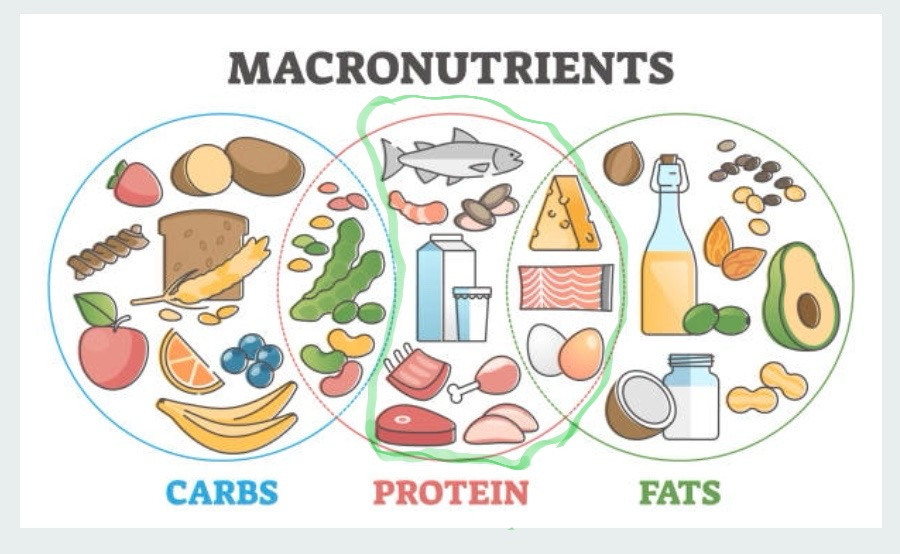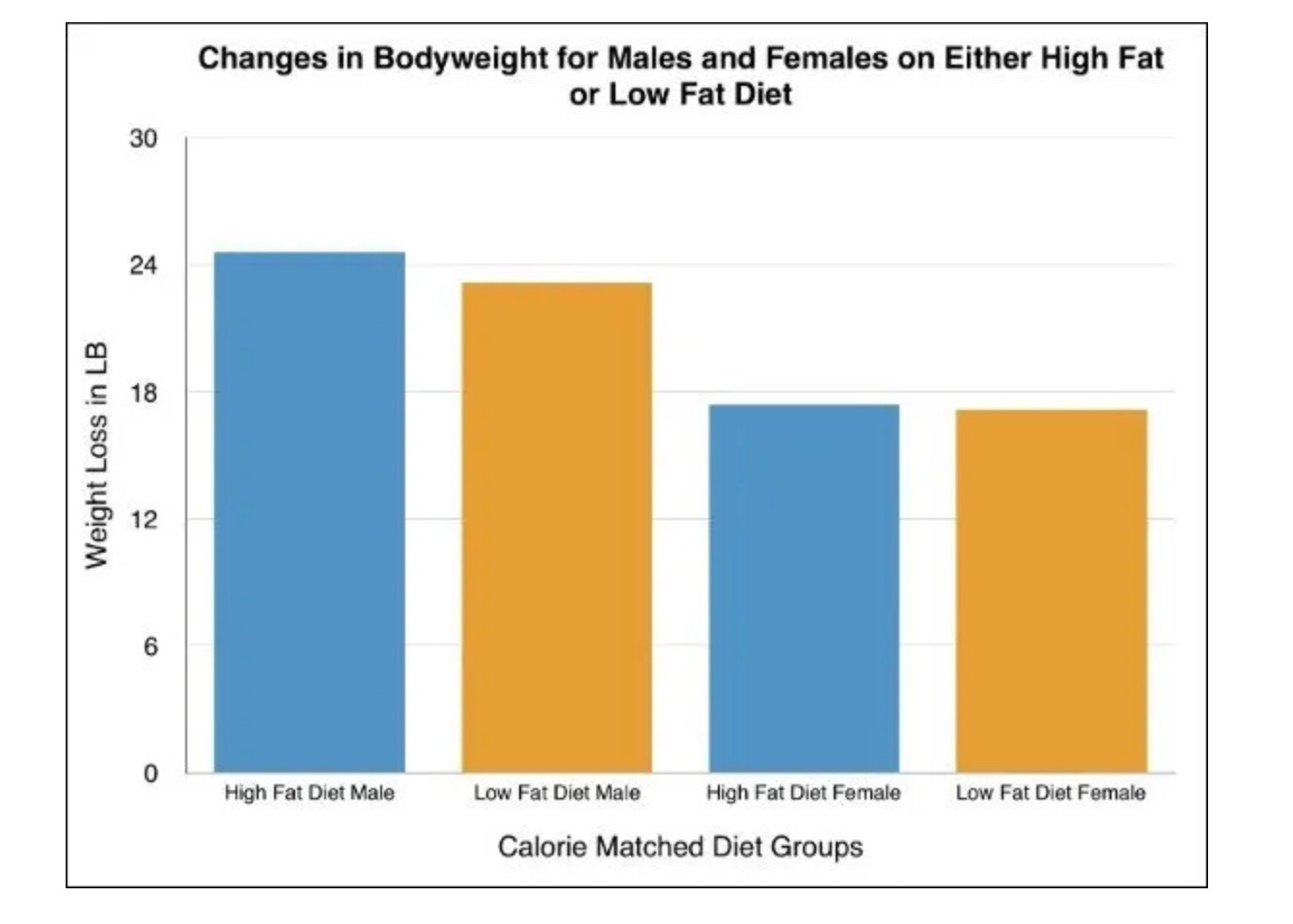The Most Underestimated Fact of Health and Longevity
Subconscious Fat on FAT!
I observe Mr. Skeptical with a perplexed look on his face after seeing the title of this post. I ask, “If I told you that resting and sleep can cure many diseases and help you live longer, this would not be a surprise, right?”
“Duh, No. Everybody knows that. Whenever somebody gets sick, resting and sleeping helps the body heal itself.”
“Well, what I’m about to mention here is just as powerful a thing, but few are aware of it.”
Subconscious Fat at 30,000 Feet
Mr. Skeptical swirls his black coffee, staring at me with mild irritation. “Let me guess—you’re about to tell me that eating more steak is the secret to living forever.”
“Not forever, but longer. And better.”
He groans, rubbing his temples. “You’re obsessed with going carnivore.”
“Actually, it’s not the steak but the fat in the meat that I want to discuss. Fat is the most underrated macronutrient. Everyone fears it, yet it’s the most energy-efficient fuel source.
Fat is the most energy-dense macronutrient, providing 9 calories per gram, compared to just 4 calories per gram from protein and carbohydrates. From a metabolic standpoint, fat is simply the most efficient fuel source.”
Mr. Skeptical stares at me with a confused look on his face.
I add, “The mainstream narrative has long demonized fat, particularly saturated fat, as a driver of heart disease. However, recent research is challenging this outdated belief. A 2020 review in the Journal of the American College of Cardiology found no significant evidence that saturated fat contributes to heart disease. Instead, the real culprits appear to be processed foods, refined sugars, and excess carbohydrates—yet fat still gets the blame.”
Mr. Skeptical raises an eyebrow. “Oh, here we go. Let me guess—this is about how fat gives off more calories per gram than protein and carbs?”
“Exactly. Fat gives off 9 calories per gram, while protein and carbohydrates only give off 4. That’s more than double. If we were designed to survive efficiently, why wouldn’t our bodies prioritize fat for energy?”
Subconscious Fat at 10,000 Feet
“But glucose is the body’s preferred fuel,” Mr. Skeptical argues. “Why wouldn’t we just use carbs?”
“Because fat is a more stable and long-lasting energy source. Carbs spike insulin and burn out fast, while fat provides steady fuel without the crashes. That’s why people on keto or carnivore diets don’t get those 2 p.m. slumps.”
“What about cholesterol? You’re telling me all those warnings about clogged arteries were wrong?”
“Yes. Decades of research have been misleading. The Framingham Heart Study, which spanned multiple decades, actually showed that people with higher cholesterol often lived longer. Neuroscientist Dr. Stephen Cunnane even wrote in Survival of the Fattest that ketones—fat-based energy—are more efficient for brain function and longevity.”
Subconscious Fat at Eye-Level
Mr. Skeptical sighs, crossing his arms. “Okay, fine, but doesn’t eating too much fat make you fat?”
Instead of answering his question, I show the graph below.
I get a warm feeling in my stomach as Mr. Skeptical observes the graph above. I add, “The real culprit is processed carbs, which spike insulin and lead to fat storage. It still happens with fruits and vegetables, but not as dramatically as processed junk food. Fat and protein from animal products are naturally satiating, meaning you eat less without even trying.”
“That doesn’t explain why society still pushes low-fat everything.”
“Because food companies profit more when you’re hungry all the time. When they take out fat, they have to replace it with something—usually sugar or refined starches, which make you hungrier sooner. It’s a perfect cycle for keeping people addicted to eating and printing money.”

Practical Suggestions and Conclusions
Mr. Skeptical leans forward, tapping his fingers on the table. “So, what’s the takeaway here? Should I start eating butter by the spoonful?”
“Not necessarily. Just stop trimming the fat off your steak, stop fearing eggs, and start recognizing fat as the high-energy, brain-boosting fuel it is.”
He takes a long sip of coffee, staring at me. “So let me get this straight—fat gives off more energy, doesn’t raise cholesterol like we thought, doesn’t make us fat, and might actually help us live longer?”
“Now you’re catching on.”
He groans, rubbing his face. “This will be a problem because I love bread.”
“That’s fine. Just put a ridiculous amount of butter on it.”
He sighs, shaking his head. “I hate how convincing you are.”
I smile. “And now I’m gonna sip my buttered coffee.”
Be aware.
Other links related to this post:
Is High Cholesterol Always Bad?
Who Was Ancel Keys?
Buttered Coffee!??!PS Links on LinkedIn, Facebook, and Instagram. Chat GPT was used to research and enhance this post.



